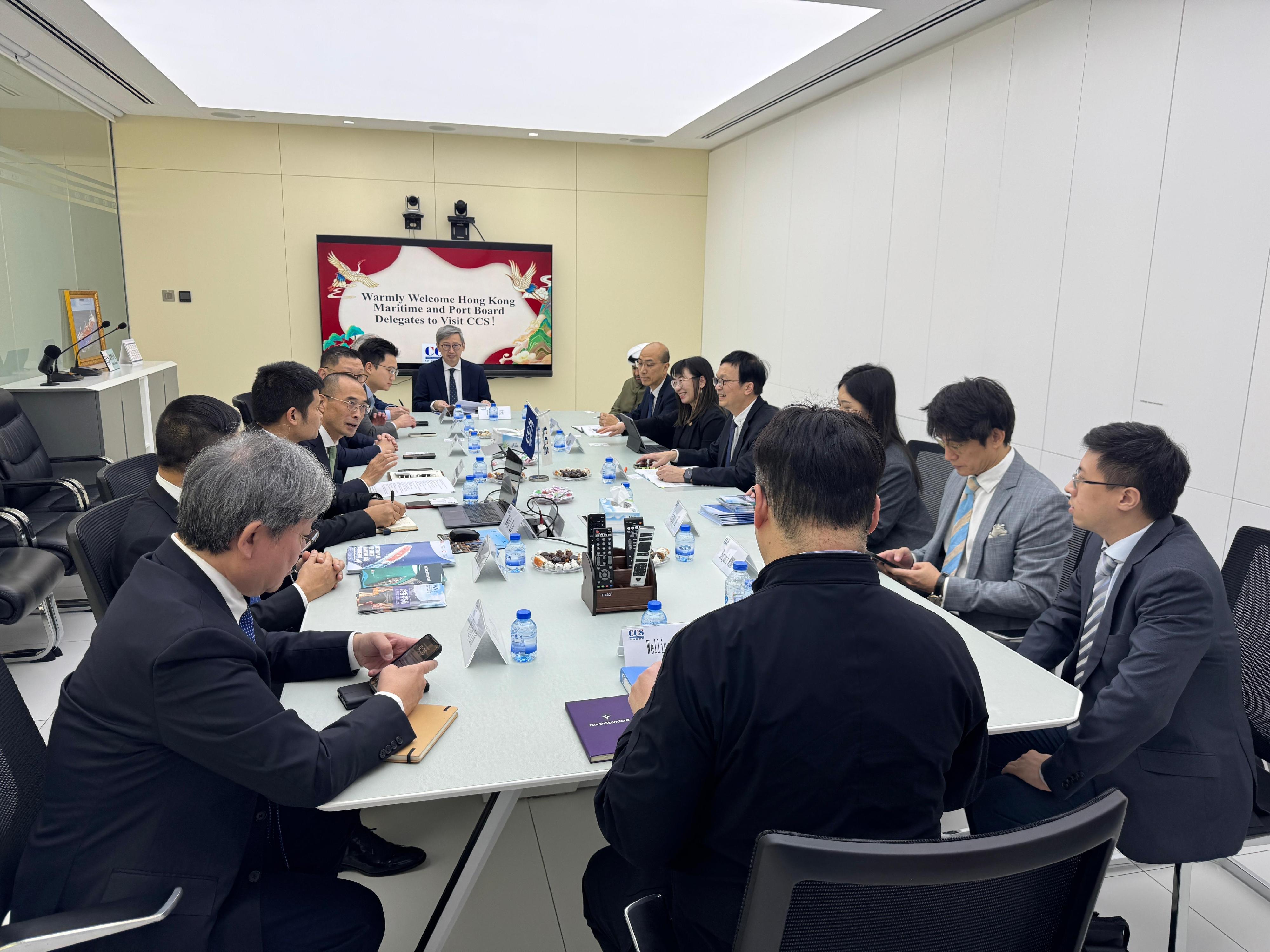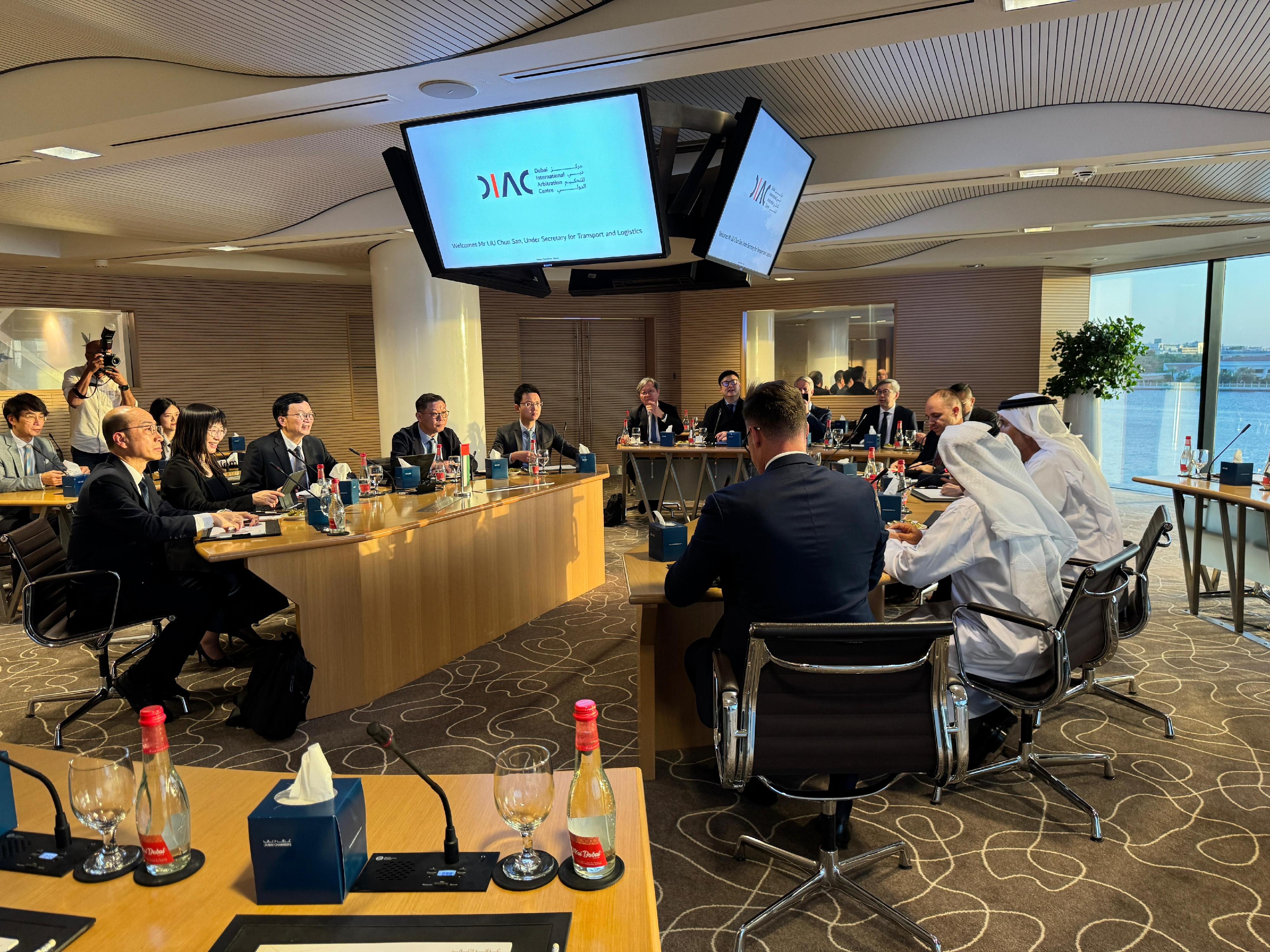LCQ9: Students’ use of mobile phones in school
Following is a question by the Hon Chan Kin-por and a written reply by the Secretary for Education, Dr Choi Yuk-lin, in the Legislative Council today (December 11):
Question:
It has been reported that, starting from this school year, middle schools in a number of districts in France have launched an experimental project to prohibit students from using mobile phones in school, requiring them to hand over their phones upon arrival at school. The objective of the project concerned is to reduce the use of mobile phones by students, so as to avoid affecting their physical and mental development. In addition, it is learnt that different states of the United States also have similar requirements. In this connection, will the Government inform this Council:
(1) whether it has grasped the existing rules and arrangements of primary and secondary schools across the territory in respect of students bringing mobile phones to school, e.g. allowing students to keep the mobile phones in their own custody after switching them off, having schools keep the mobile phones under their custody and store in lockers, or completely prohibiting the bringing of mobile phones;
(2) whether the authorities have provided guidelines to assist schools in drawing up a "code of conduct for bringing mobile phones" and setting out specific regulations and penalties, so as to ensure that students are not allowed to use mobile phones in school, thereby avoiding problems such as impeding the lesson progress and affecting the learning atmosphere and classroom order;
(3) whether it had, in the past three years, gained an understanding of the various problems arising from students bringing mobile phones to school, such as the pecuniary losses resulting from the loss of mobile phones; if so, how the schools addressed such problems; and
(4) whether the authorities will make reference to the practices in other regions and formulate measures or policies to regulate students' use of mobile phones in school; if so, of the details; if not, the reasons for that?
Reply:
President,
In accordance with the Education Ordinance (Cap. 279), the management committee or incorporated management committee of a school shall be responsible for ensuring that the school is managed satisfactorily and the education of the pupils is promoted in a proper manner. For implementation, schools should lay down school rules to specify the basic requirements on the behaviour of students in the school, thus cultivating a safe, healthy and orderly learning environment for the students.
Our consolidated reply to the four parts of the question is as follows:
The School Administration Guide issued by the Education Bureau (EDB) sets out clearly the general principles that schools may refer to when formulating and enforcing their school rules. Schools should collect and consider the views of teachers, parents and students when drawing up their school rules. Through discussion and communication, schools should help students apprehend the meaning of the school rules as well as reach a common understanding and consensus, and review the school rules periodically. Schools should enforce the school rules in a lawful, sensible and reasonable manner while ensuring fairness and consistency in application. Due regard should be paid to students' dignity, individual differences and their rights to education. In this connection, when schools formulate rules in relation to students taking mobile phones to or using mobile phones at schools, they should make reference to the relevant guidelines and legislations and consider their own circumstances. While paying concern to students' learning and classroom discipline, schools should also take into account the genuine needs of students and parents so as to make appropriate school-based arrangements. In addition, the EDB has suggested ways of handling students who play games on smartphones during lessons in the Case Study Kit on Managing Students' Behavioural Problems for schools' reference.
Furthermore, facing the challenges brought by emerging information and communication technologies, the EDB attaches importance to nurturing students' information literacy and provides the "Information Literacy for Hong Kong Students" Learning Framework to strengthen the relevant information literacy learning elements in primary and secondary curricula, so as to foster students' ability and attitude to use information and communication technology effectively and ethically in their learning and daily lives, so that they can use the Internet and electronic devices properly and healthily.
Formulation and enforcement of school rules fall within a school's daily operation and internal affairs. It is in general handled directly and professionally by a school according to the school context. Schools are not required to submit details of day-to-day case handling (such as cases of individual students losing mobile phones at school) to the EDB. Hence, the EDB does not have the particular information.
The EDB has been maintaining close communication and exchanging views with school sponsoring bodies and the education sector regarding the professional aspects of school administration and management. The prevailing school-based approach to handle student mobile phone use at schools follows the principles outlined in the School Administration Guide. It effectively meets the operational needs of schools while also enables schools to follow the established school administrative framework for good school governance. The EDB will continue to support the operation of schools and will provide appropriate advice and assistance when necessary.






